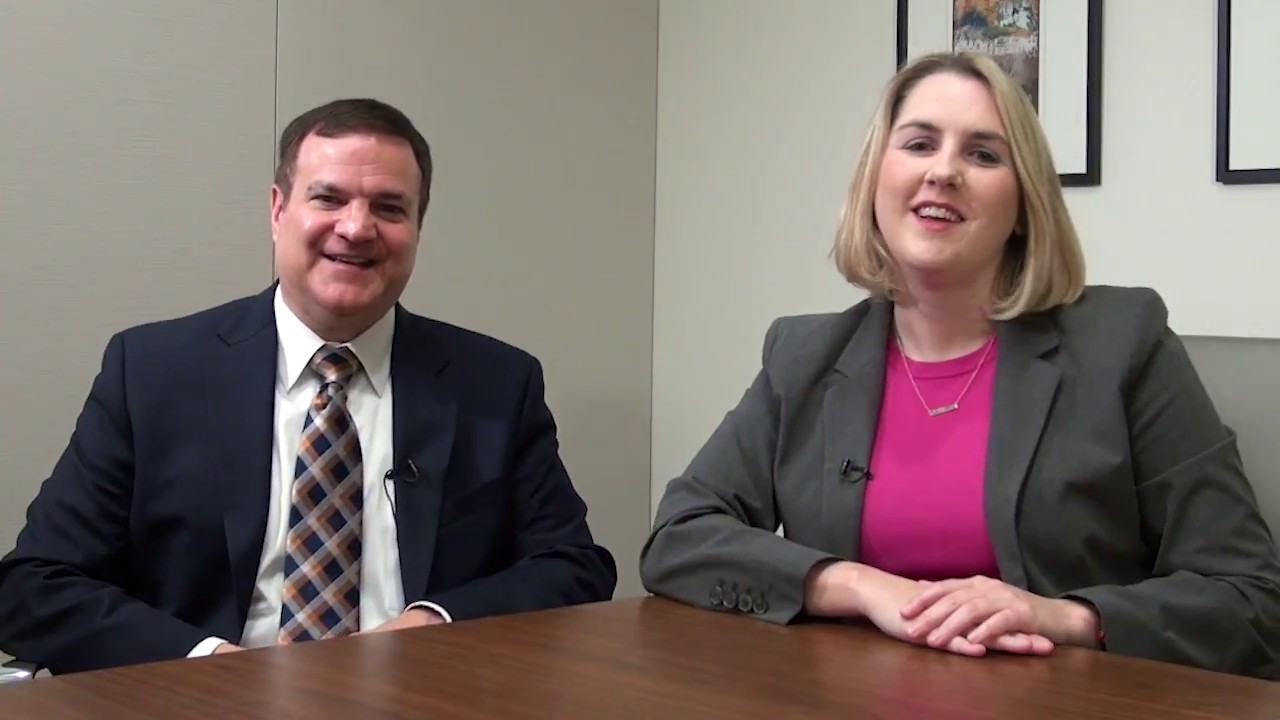What Tax Payers Need to Know About International Tax Reform

Jen: This is the PKF Texas Entrepreneur’s Playbook. I’m Jen Lemanski, and I’m back again with Frank Landreneau, one of our international tax directors. Frank, welcome back to the Playbook.
Frank: Well, thanks for having me back.
Jen: So, we’ve been covering international tax reform. What else do people need to know? What haven’t we covered yet?
Frank: I think other than the Toll Tax, which is getting more immediate attention because of the timing of it, there’s also other aspects of international tax reform that tax payers need to be aware of.
For example, that there’s disparate treatment between individuals and corporate tax payers when it comes to certain provisions, such as GILTI, and we’ve talked about FDII in previous segments – the Foreign Derived Intangible Income. And so, with respect to GILTI, for example, the top individual rate is 37%, and if there’s any amount to be included from a foreign corporation that’s taxed immediately as GILTI, that’s also taxed at 37%. However, for corporate tax payers any income inclusions from GILTI is taxed at 10.5%. That’s quite a rate differential between the two.
Jen: Wow, that’s huge. I know we’ve also talked about middle market entrepreneurs. Should they stop doing business as flow-through entities? We’ve talked about that in several different videos.
Frank: That’s a great question. In fact, that’s a big question that you see the international tax community or the tax community as a whole should ask, “Is this the death of limited liability companies?” And I think the answer is, I think, companies need to really start to think about where do they want their cash; do they want it back home? Do they want to keep it offshore? Where do they need it for their operational needs?
Once you determine that then you can kind of say then maybe we can do some things like some structuring options, like doing business as a C corporation for international operations, but not for your domestic operations. I think we talked a little bit about that in previous segments. That way you can minimize the GILTI tax and also take advantage of the special 13.125% of FDII. So, those are the kinds of things tax payers need to be aware of.
Jen: Okay. Now is there an advantage though to still being an LLC at all?
Frank: There is. For domestic business the tax law does provide for LLCs – taxes, partnerships – this 20% deduction, which kind of gets individual tax payers closer to a corporate tax rate – not entirely. And then, of course, passers still avoid double taxation once the funds are admitted to the ultimate owners. So, I wouldn’t give up on your LLC yet, just examine what operations are done under the LLC and what might need to be done in another way.
Jen: Sounds good. Well, we’ll get you back to talk a little bit more about that.
Frank: Thank you. Appreciate it.
Jen: Perfect. To learn more about other international topics, visit PKFTexas.com/internationaldesk. This has been another Thought Leader production brought to you by PKF Texas The Entrepreneur’s Playbook. Tune in next week for another chapter.

